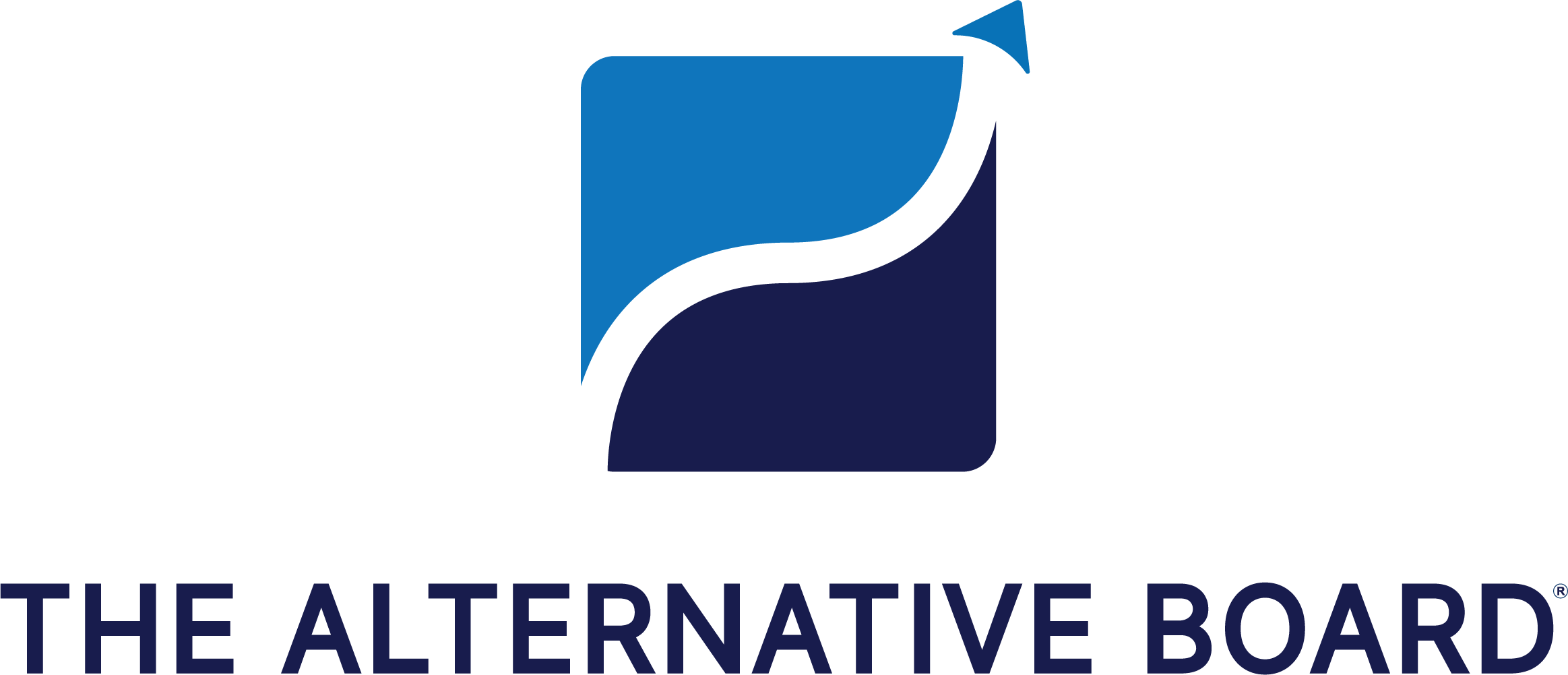Article by Phil Spensieri
Human Resources (HR) is an area that seems to cause most business owners the highest amount of stress. Unfortunately, without an HR Department, HR issues become the responsibility of you, the business owner. If you’re like most of the owners I deal with, HR and working with employee issues is the part of their business that they dread the most.
My number one recommendation for all business owners is to invest time and effort in the creation of what I believe should be your most essential document: The Employee Handbook. An employee handbook is the foundation of your HR program, as it works to clarify your business’ policies and procedures, as well as communicate all of your expectations with your employees.
An employee handbook will also act as protection for your business in the event of an internal dispute. Although the content within the handbook can be as complex or as simple as you like, I’ve found that there are some general guidelines that you will need to follow in order to create an effective handbook for your employees.
Essential Components of Your Employee Handbook
Since HR policies can be incredibly involved, it’s important for your handbook to be created as comprehensively as possible. For a small business, these policies are essential to ensure that you and your employees are prepared for all aspects of your business.
Here are what I believe are the most important policies for all business owners to incorporate in their employee handbook.
Employment in General
- The Purpose of Your Handbook
- Statement of Equal Opportunity for Employees
- Policies For New Hires
- Harassment and Discrimination Overview
- Open Door Policy Between Employees and Business Owners
- Confidentiality Policies
- Computer and Social Media Use Policy
- Expected Work Hours
- Drug and Alcohol Policy
- Dress Code and Personal Presentation Policy
- Return of Private Information and Property
Timekeeping and Payroll
- Tracking Work Hours
- Payment and Compensation
- Pay Cheque Deductions
Benefits
- Benefits Programs
- Sick Leave, Personal Leave, and Bereavement Leave
- Vacation Days
- Statutory Holidays
- Absence Due To Jury Duty
- Maternity or Paternity Leave
- Reimbursement for Employee Business Expenses
Creating your employee handbook can be critical for your employees to thoroughly understand your business’policies and conditions of employment. I recommend having your employees acknowledge and sign the handbook once they finish reading through it, and store the signatures and handbook for future reference.
Putting together an effective employee handbook may seem daunting, but it’s necessary to outline and communicate all of the necessary policies to your employees. In the next blog, we’ll further our discussion on HR-related issues: I’ll share with you some insights on the best practices for keeping your staff happy.
For one-on-one coaching and peer advice from other business owners like you, become part of a TAB board today.


